For those new to the world of web hosting, you’re probably learning that this tech-driven sector has a language all its own. As a business owner, it helps to be able to decipher that industry jargon. That’s why we created this list of common web hosting terms you should know to better understand your service and all that it does to keep you up and running.
Web Hosting Terminology
- Web Hosting Service – In order to make your website accessible on the Internet, you need a specified web hosting service provider.
- CMS – A CMS, or content management system, is the application that you install on your hosting server. This is what allows non-coders to do things like customize and manage websites.
- Server – Servers are powerful computers that are designed for specific tasks, like hosting servers which deal with web content.
- CDN – A CDN, or content delivery network, is a system of servers that cover multiple data centers all across the world. The system is designed to deliver web content and static files, in particular, such as website images, to users.
- Domain Name – Your domain name is your website’s identifier (e.g. britefish.net).
- Bandwidth – Your chosen bandwidth is the amount of data that you will be able to transfer across your website, moment to moment.
- Dedicated Hosting – Rather than sharing a server with other organizations, dedicated hosting allows you to lease entire servers.
- Cloud Hosting – Cloud hosting backs up and makes your data available across multiple storage devices rather than just one to ensure reliability.
- Uptime – When your website is operating at full capacity, uninterrupted, and fully accessible, this is referred to as your ‘uptime.’
- Control Panel – Your control panel is where you’re able to manage, add, create, and adjust settings and applications within your hosting account.
- Plugins – Plugins are software components that allow you to add certain features to your existing website.
- FTP – FTPs, or file transfer protocols, are used to transfer files, especially in bulk, between servers and computers.
- Data Center – Specialized facilities that house thousands of servers are what we refer to as data centers.
- CPU – A CPU, or central processing unit, is what ultimately controls your computer and server. It makes decisions, executes commands, and conducts input and output calculations.
- E-Commerce – E-commerce refers to the buying and selling of products and services online.
- Malware – Malware is why all sites must invest in cybersecurity. This refers to the harmful software out there that aims to cause your site damage or take control of your systems and devices. Malware is used to steal valuable data and information.
- Virus – Viruses can infect computers, programs, and even servers. They are malware that self-replicate, wreaking havoc on systems.
By learning these common web hosting terms, you’ll gain a better understanding of how your website works, and with a better understanding, you’ll be able to create a more savvy, secure online presence that consistently delivers your information to your specific audience for an overall more enjoyable and lucrative experience.
Recent Posts




